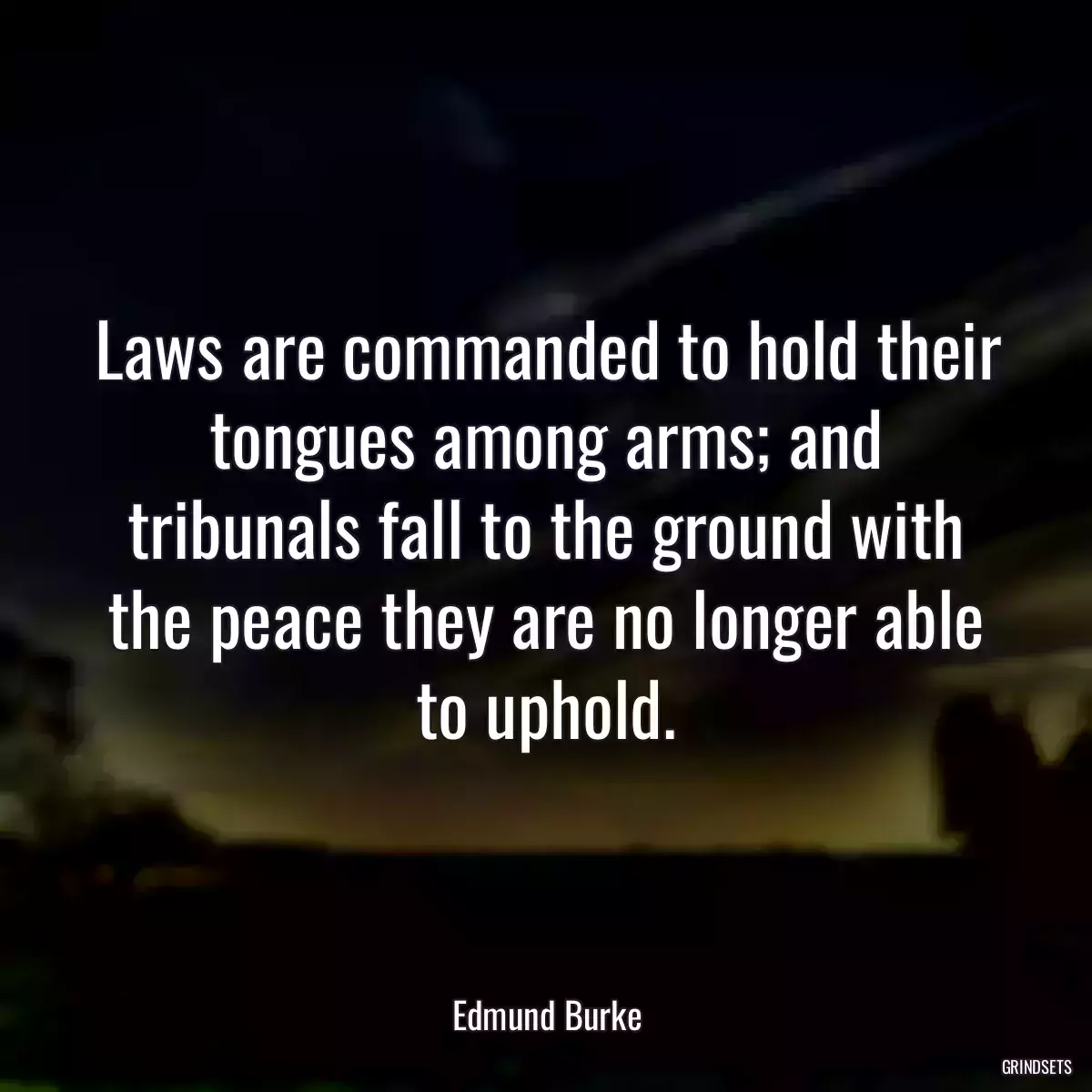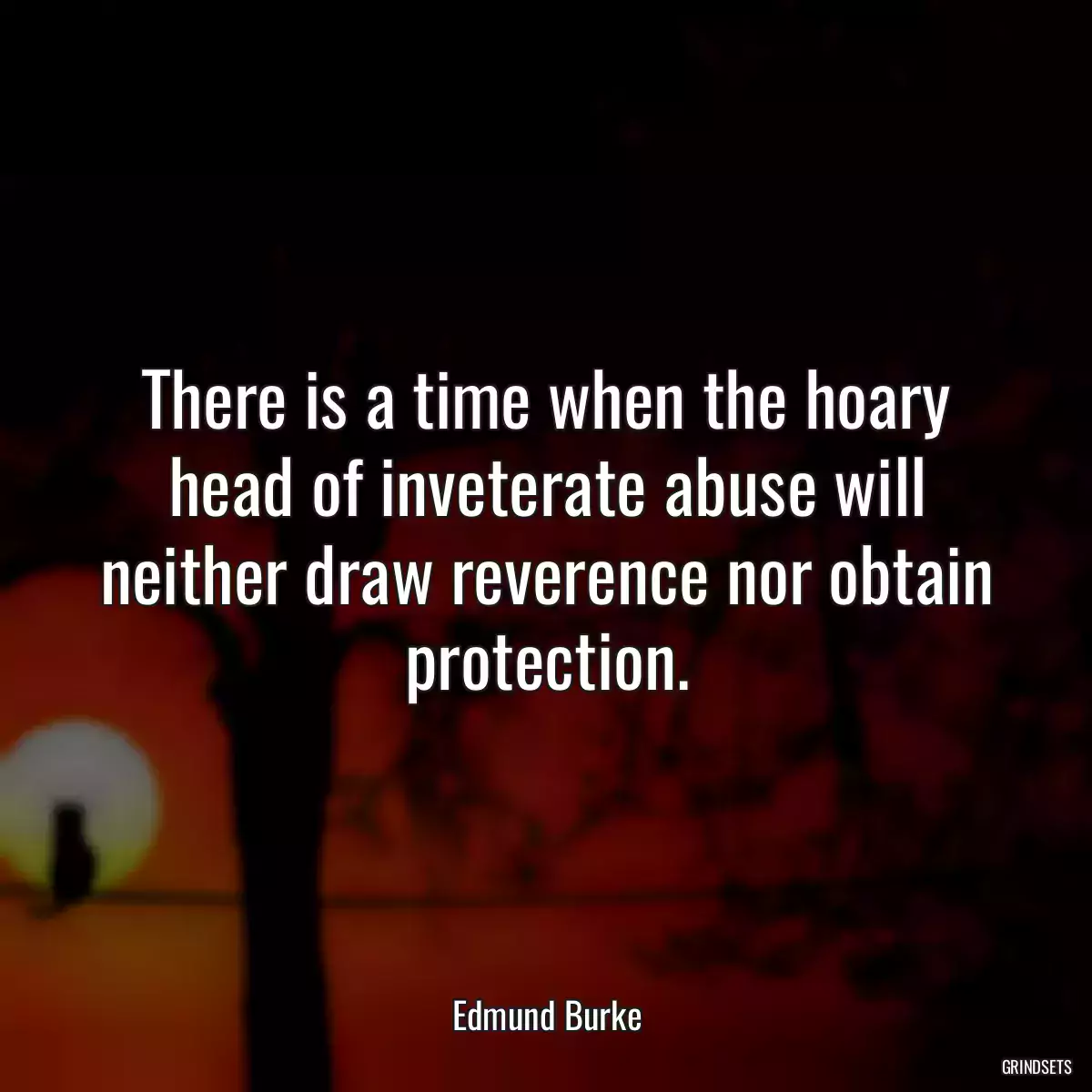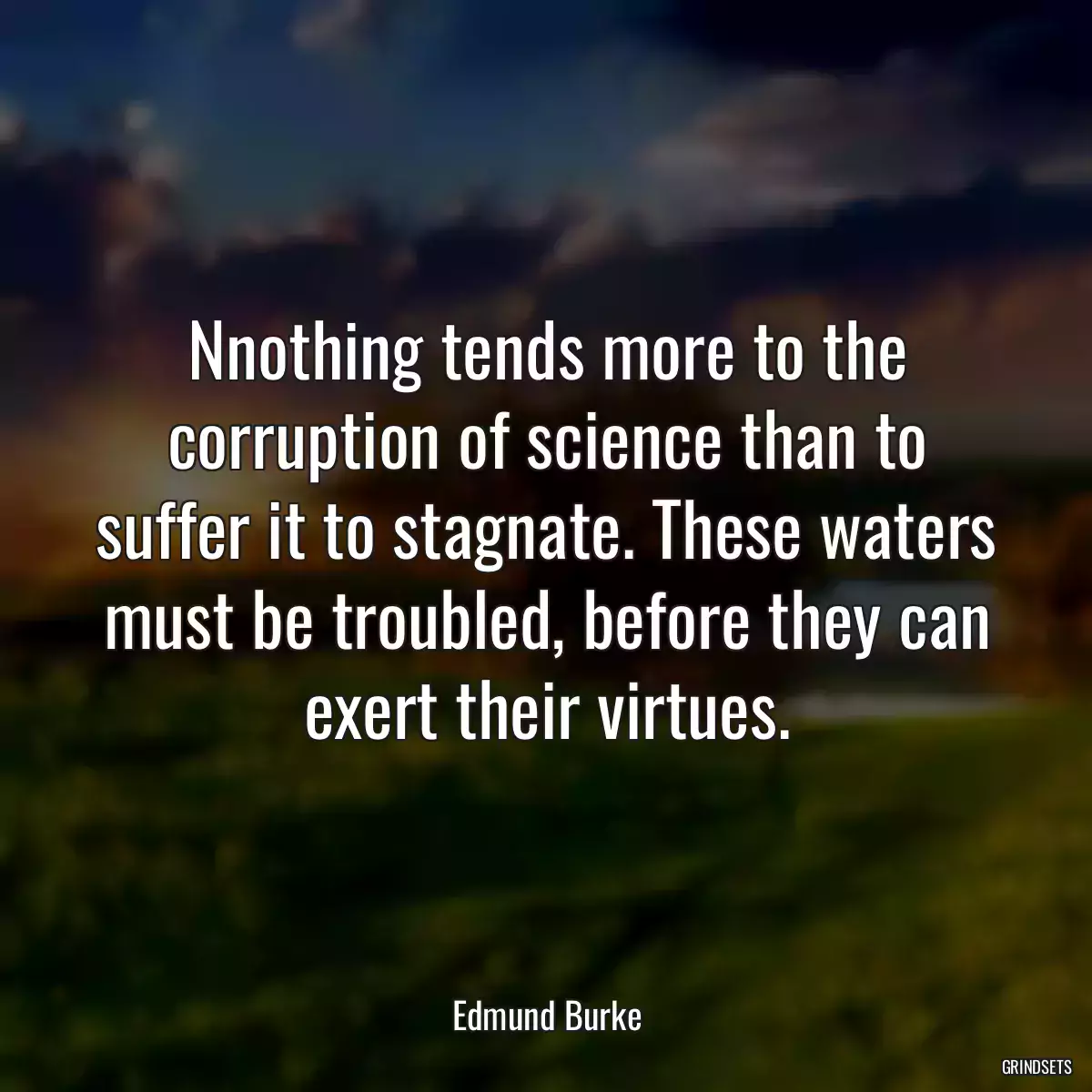
Quotes Edmund Burke - page 2
Find dozens of Edmund Burke with images to copy and share.

Justice is itself the great standing policy of civil society; and any eminent departure from it, under any circumstances, lies under the suspicion of being no policy at all.
Liberty does not exist in the absence of morality.
I cannot help concurring with the opinion that an absolute democracy, no more than absolute monarchy, is to be reckoned among the legitimate forms of government.
You may also like
It is from this absolute indifference and tranquillity of the mind, that mathematical speculations derive some of the most considerable advantages; because there is nothing to interest the imagination; because the judgment sits free and unbiased to examine the point. All proportions, every arrangement of quantity, is alike to the understanding, because the same truths result to it from all; from greater from lesser, from equality and inequality.
Abstract liberty, like other mere abstractions, is not to be found.
I cannot stand forward, and give praise or blame to any thing which relates to human actions, and human concerns, on a simple view of the subject as it stands stripped of every relation, in all the nakedness and solitude of metaphysical abstraction. Circumstances (which with some gentlemen pass for nothing) give in reality to every political principle its distinguishing colour, and discriminating effect. The circumstances are what render every civil and political scheme beneficial or noxious to mankind.
I do not know how to wish success to those whose Victory is to separate from us a large and noble part of our Empire. Still less do I wish success to injustice, oppression and absurdity.
The greater the power, the more dangerous the abuse.

I dread our own power, and our own ambition; I dread our being too much dreaded... We may say that we shall not abuse this astonishing, and hitherto unheard-of-power. But every other nation will think we shall abuse it. It is impossible but that, sooner or later, this state of things must produce a combination against us which may end in our ruin.
To be attached to the subdivision, to love the little platoon we belong to in society, is the first principle (the germ as it were) of public affections. It is the first link in the series by which we proceed toward a love to our country and to mankind. The interest of that portion of social arrangement is a trust in the hands of all those who compose it; and as none but bad men would justify it in abuse, none but traitors would barter it away for their own personal advantage.
The wise determine from the gravity of the case; the irritable, from sensibility to oppression; the high minded, from disdain and indignation at abusive power in unworthy hands.
In the groves of their academy, at the end of every vista, you see nothing but the gallows.
A kind Providence has placed in our breasts a hatred of the unjust and cruel, in order that we may preserve ourselves from cruelty and injustice. They who bear cruelty, are accomplices in it. The pretended gentleness which excludes that charitable rancour, produces an indifference which is half an approbation. They never will love where they ought to love, who do not hate where they ought to hate.
There is nothing that God has judged good for us that He has not given us the means to accomplish, both in the natural and the moral world.
The true way to mourn the dead is to take care of the living who belong to them.
In the weakness of one kind of authority, and in the fluctuation of all, the officers of an army will remain for some time mutinous and full of faction, until some popular general, who understands the art of conciliating the soldiery, and who possesses the true spirit of command, shall draw the eyes of all men upon himself. Armies will obey him on his personal account. There is no other way of securing military obedience in this state of things.
You may also like

All persons possessing any portion of power ought to be strongly and awfully impressed with an idea that they act in trust, and that they are to account for their conduct in that trust to the one great Master, Author, and Founder of society.